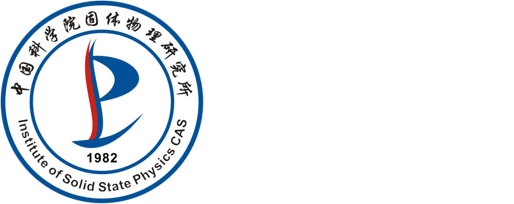Research
Scientists Develop a High-energy-density and Ultralong-life Aqueous Zinc-ion Battery
| By
A research team at Institute of Solid State Physics, Hefei Institutes of Physical Science (HFIPS) of Chinese Academy of Sciences (CAS), led by Prof. ZHAO Bangchuan, developed a high-performance aqueous zinc-ion battery with ultralong cycle lifespan in a weak magnetic field.
The relevant results were published in Materials Horizons.
Aqueous zinc-ion batteries are a low-cost and safe alternative to lithium-ion batteries with high theoretical capacity. However, the limited electrochemical performance of cathode material and zinc dendrite growth on the anode reduces energy density and cycle life of aqueous zinc-ion battery. To develop better aqueous zinc-ion batteries, it's important to design high-energy-density cathodes and suppress zinc dendrite growth.
In this research, the team overcame the limitations of existing cathode materials and the issue of zinc dendrite growth. They used a one-step hydrothermal method with in-situ electrochemical defect engineering to create a VS2 material. This material had rich defects that was effective in reducing the electrostatic interaction between zinc ions and VS2. It allowed for 3D transport of Zn2+ along both the ab plane and c-axis, resulting in excellent rate capability.
While cycling stability remained an issue due to the dendrite growth, the team found that introducing an external magnetic field suppressed the growth and significantly enhanced the battery's lifespan. Operating under a weak magnetic field, the high-performance Zn-VS2 battery demonstrated an ultralong cycle lifespan and delivered a high energy density and power density.
The work could have significant implications for the future of energy storage technology, according to the team.

- Attachments Download:
-
contact
Prof. ZHAO Bangchuan
E-mail: bchzhao@issp.ac.cn


